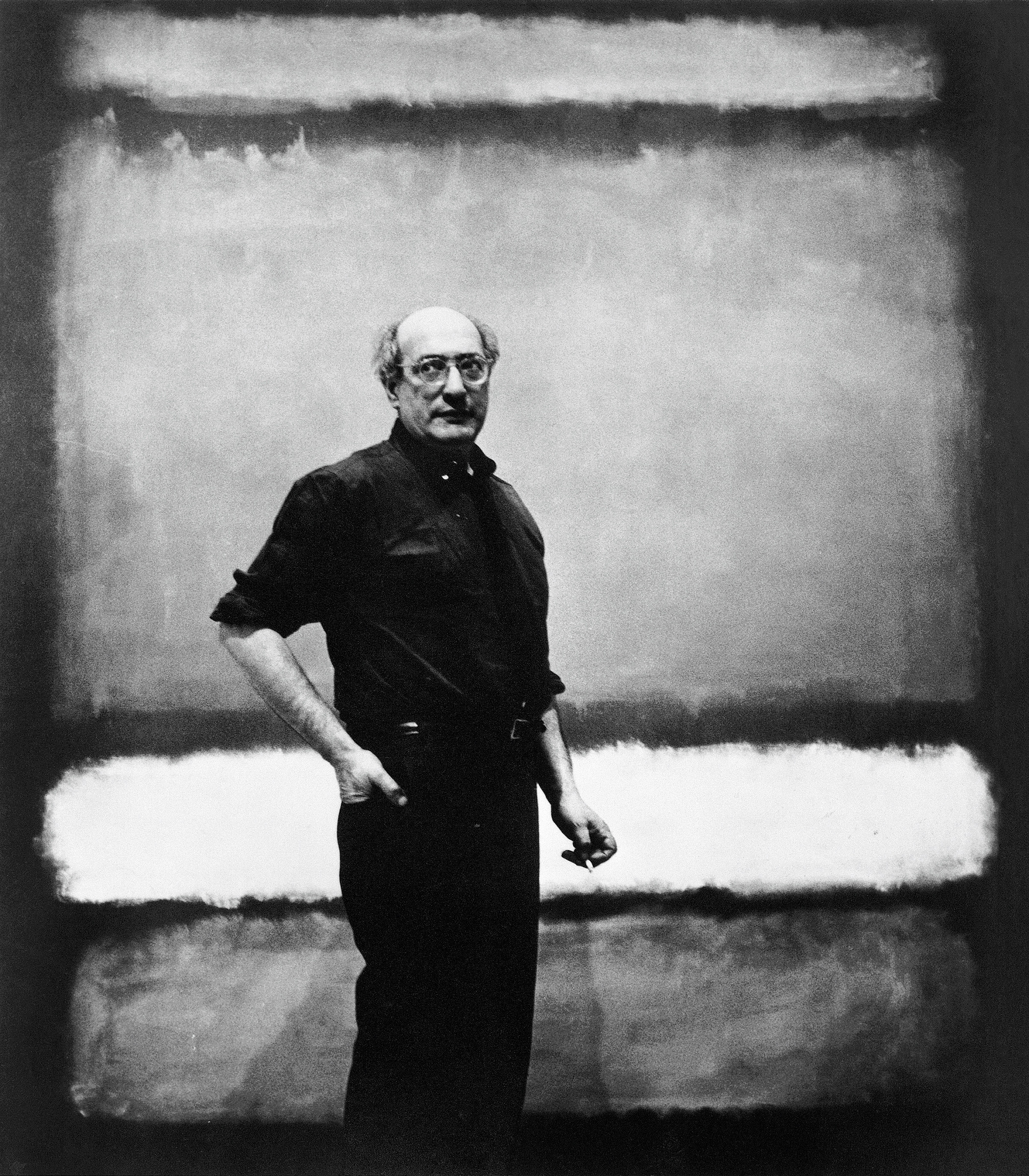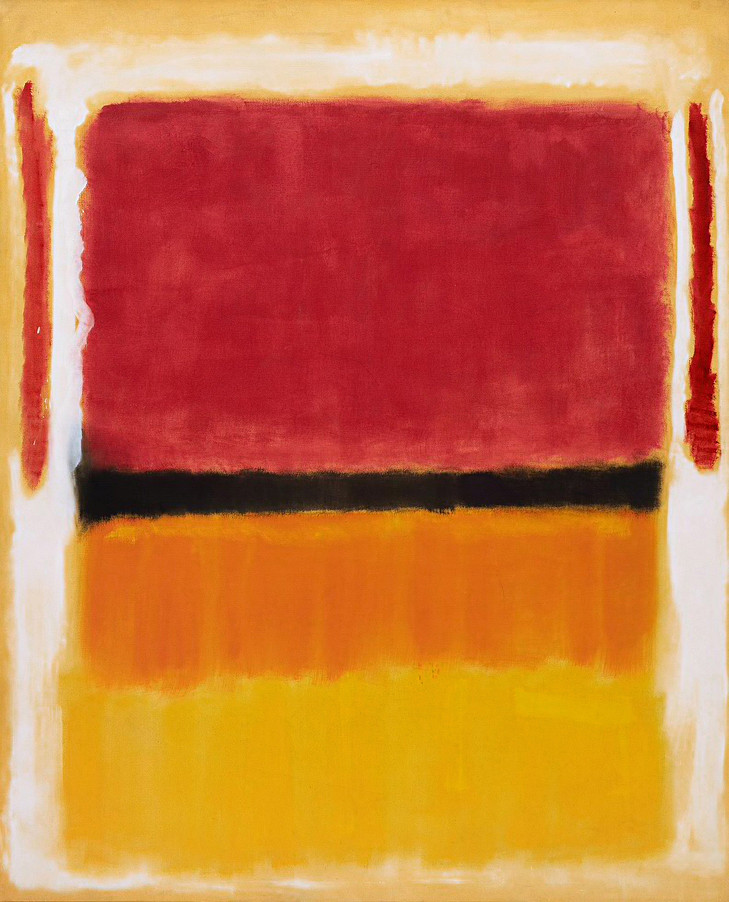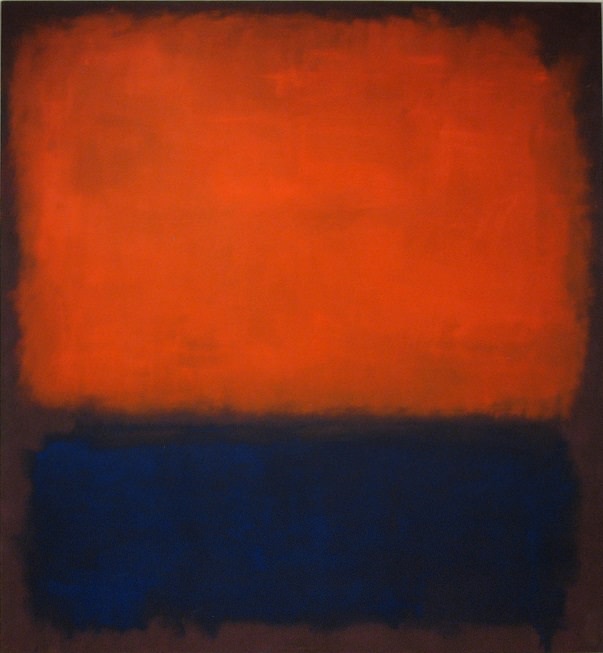So I finally saw Ant-Man last week and was pleasantly surprised. Of course, it’s Ant-Man, the superhero that’s

most likely to have us mutter “seriously?” under our breath, but it’s totally self-aware that it’s Ant-Man. It’s Marvel plus Paul Rudd as ex-con-turned-heroScott Lang, so of course I expected some tongue-in-cheek humor with a bit of snark as well as the now-standard CGI fight scenes. And the usual ex-con-turned-good-for-greater-good schtick made its appearance, too. But who I did not expect to make an appearance was Mark Rothko.

Mark Rothko, one of America’s premier abstract expressionists active in the 1940s, 1950s, and 1960s, became famous for his color field paintings. Rothko really focused on the stripped-down feelings the colors he worked in could create. While to some they may look like “a kindergartner could do them,” Rothko’s paintings actually required a lot of forethought and knowledge of how colors work with each other. He put painstaking detail into making sure that his brushstrokes became nearly invisible so that the colors were the primary focus of each painting. Rothko’s paintings, like many of those of the color field and abstract expressionist movements, were designed so that viewers really had to absorb them to appreciate them. I mean, there’s even a non-denominational (as in open-to-all-religions-and-beliefs-non-denominational) Rothko chapel/meditation space in Texas where you can go to experience some transcendental art. Check it out here.

So Rothko is kind of a big deal. And he was basically the farthest thing from my mind as I was watching Ant-Man. Until near the end when Scott’s friend Luis (Michael Peña), who is actually the best character in the entire movie, starts talking about when he went to an art show with his cousin where there just so happened to be “this Rothko that was sublime” (that’s technically not verbatim).

And so my inner art geek had a minor heart attack and took to the Internet to try and find out which Rothko painting had approximately 3 seconds of screen time. Thankfully, there’s Tumblr, where several users agree that the painting may be Rothko’s No. 14, 1960, as Luis and his cousin might be at the SFMOMA, where this painting is currently. I’m fairly certain it’s listed in the credits, so while you’re waiting for the second scene at the very end of the credits, keep an eye out! Together we can solve this mystery.

Want more Rothko? Check out Daily Rothko on Tumblr for a daily dose of abstract expressionism!







